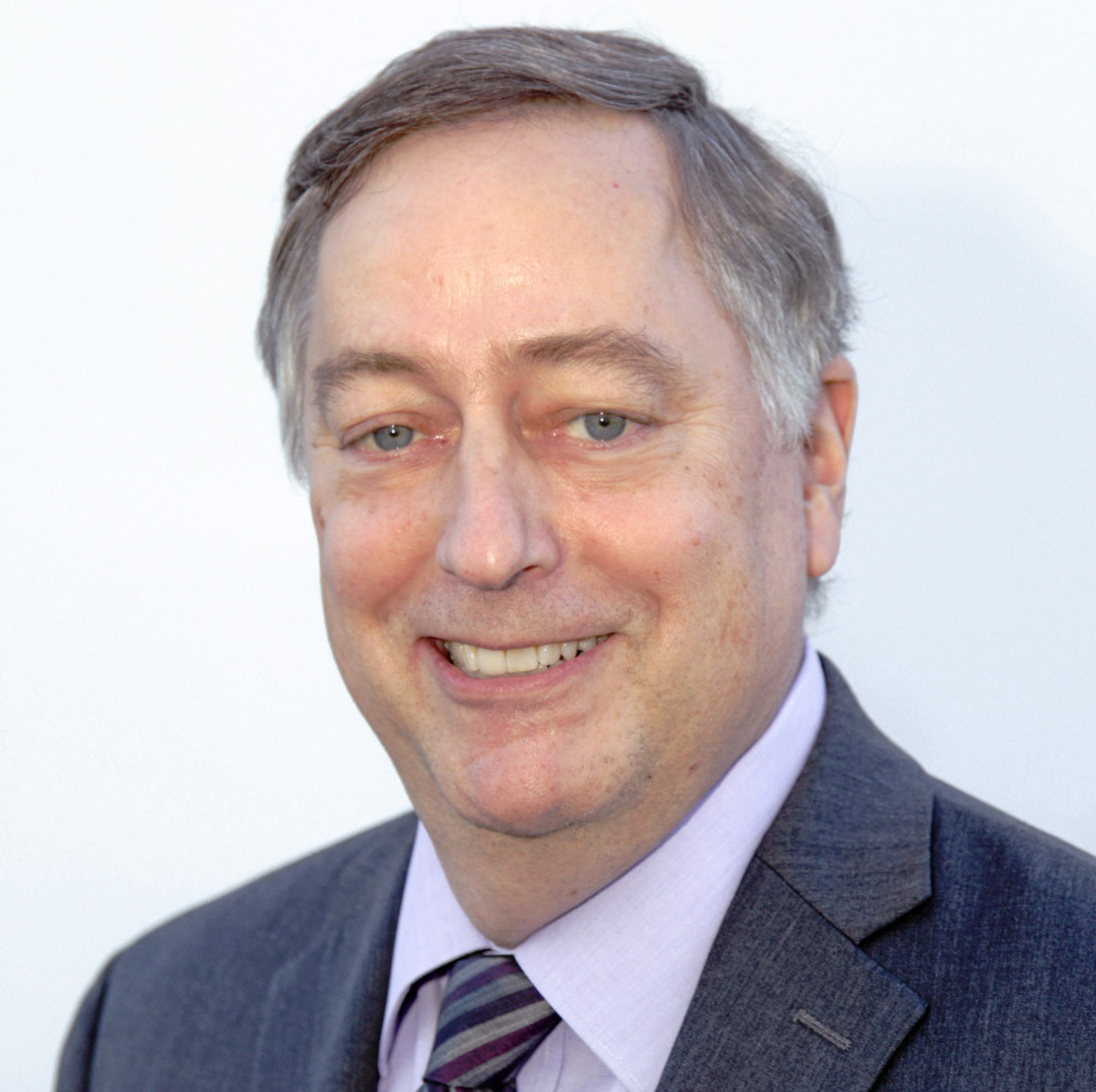ATSC President Mark Richer Announces Retirement
WASHINGTON–The Advanced Television Systems Committee has announced that its long time president, Mark Richer will retire later this year. Richer, who has led the standards development organization since 2000, previously served as ATSC Executive Director in 1996-97 in between senior technology leadership roles at PBS and Thomcast Communications.

The ATSC Board of Directors elected Lynn Claudy of the National Association of Broadcasters as Board Chairman for 2019, succeeding Richard Friedel of Fox, who served as Chairman from 2016-18. Claudy, who has been involved with the ATSC for three decades, is NAB’s Senior Vice President of Technology. He joined NAB in 1988 as a staff engineer and held positions of Director of Advanced Engineering & Technology and Vice President before assuming his present position in 1995. Claudy appointed Friedel to lead the search committee to identify the next ATSC President.
Richer’s 40-year television career has spanned the transitions from analog to digital TV, standard-definition to high-definition TV, and now to 4K and Next Gen TV. The capstone of Richer’s career is the ATSC 3.0 suite of Next Gen TV standards, representing the world’s first Internet Protocol-based system that marries broadcast and broadband.
In addition to leading the ATSC for 20 of its 35 years, Richer’s noteworthy industry contributions include his pioneering development of closed captioning in the 1980s and his key role in what is now known as ATSC 1.0, overseeing the technical evaluations of proponent systems for the world’s first digital TV broadcast standard in the 1990s.
Reflecting on his career, Richer said, “It’s been an honor and a privilege to participate in the dynamic television industry over the years. I’m particularly proud of the ATSC’s role in redefining the future of television with ATSC 3.0, but our work isn’t done by any means,” he said, citing the ATSC’s important role in updating and developing standards, while supporting the launch of Next Gen TV broadcasting. “I look forward to assuring a smooth transition to new leadership in the months ahead.”
“Mark is well known and respected for his leadership skills, deep industry knowledge, unwavering integrity, future-focused vision and wry sense of humor,” said Claudy. “With broadcaster deployments of ATSC 3.0 now underway, he’s going out on top. And while Mark will be missed, the ATSC is well positioned for the future,” he said.
Richer first joined the ATSC as Executive Director in 1996-97 after 16 years at PBS where, as Vice President of Engineering & Computer Services, he was responsible for development of new technologies for PBS and its member stations, design of audio/video systems and management of computer operations.
He was instrumental in the development of the Line 21 closed captioning system for which PBS was awarded a technical Emmy. He also was responsible for the selection and implementation of digital video compression and transmission technology and led PBS efforts in the area of digital and high definition television.
From 1997 to 2000, Richer was Vice President and General Manager at Comark Digital Services, a division of Thomcast Communications. At Thomcast, he was responsible for marketing, communications, strategic planning and business development for Thomcast Communications, including its Comark and Comwave subsidiaries.
Richer chaired the system testing and evaluation working party for the FCC Advisory Committee on Advanced Television Service, chaired by former FCC Chairman Richard E. Wiley from 1987-95. Richer’s group was responsible for testing proponent advanced television systems, including that of the Digital HDTV Grand Alliance, the core of the ATSC 1.0 digital broadcast standard adopted by the FCC in 1996.
Among accolades over the years, Richer received Broadcasting & Cable’s Technology Leadership Award in 2007, the National Association of Broadcasters’ Television Engineering Achievement Award in 2010, and America’s Public Television Stations’ EDGE Award for Excellence in Innovation in 2018.
He is a Fellow of the Society of Motion Picture and Television Engineers, a Senior Member of the Institute of Electrical and Electronics Engineers, a member of the Society of Broadcast Engineers, a charter member of the Consumer Technology Association’s Academy of Digital Television Pioneers and serves on the FCC’s Technological Advisory Council.
Get the TV Tech Newsletter
The professional video industry's #1 source for news, trends and product and tech information. Sign up below.
